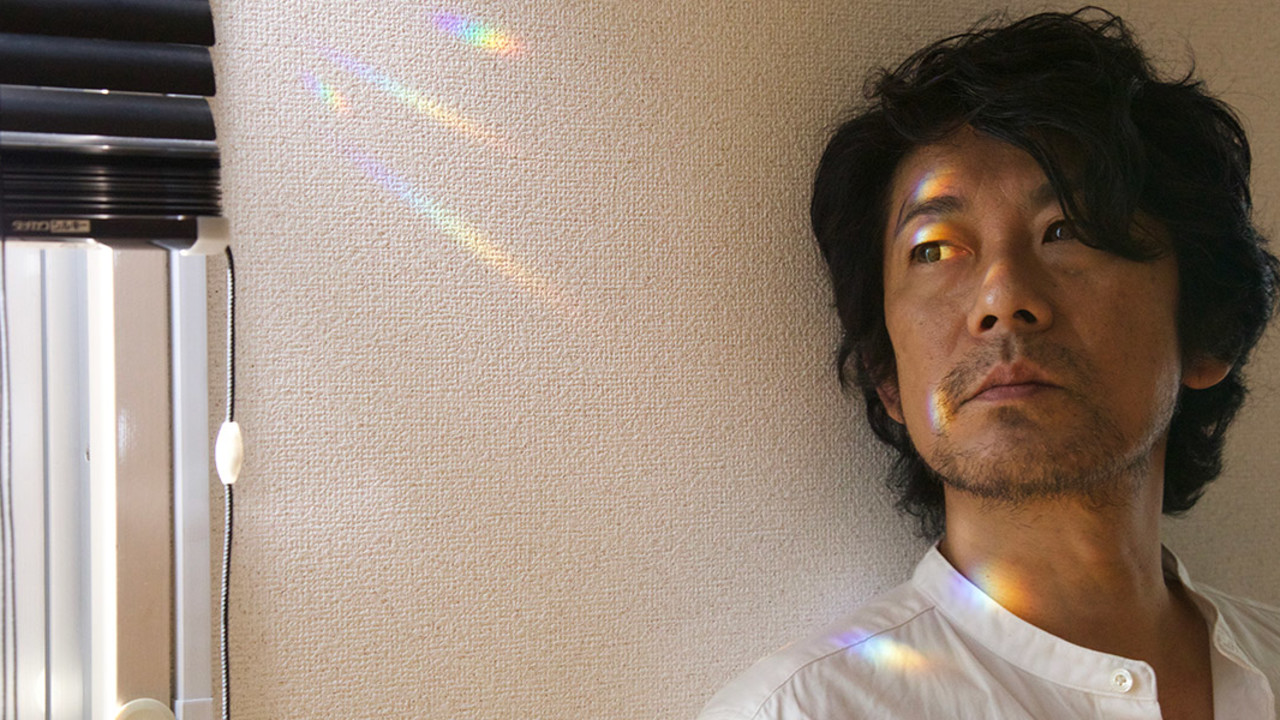An audio-description writer and a photographer losing his eyesight form a personal connection that will allow each to see the world in new ways, in acclaimed director Naomi Kawase's stunning new film.
Naomi Kawase's work may be the best litmus test for empathy that cinema has right now. Her films are nuanced, attentive, and concerned with the inner struggle it takes for us to connect with others in our external lives. She remains a divisive director, and Radiance may not win over the haters. But it will reward engaged viewers with an experience that expands the senses, the mind, and the heart.
Misako (Ayame Misaki) writes and performs the audio descriptions that accompany screenings for visually impaired moviegoers. It is an exacting discipline, and Misako takes her job seriously. Each of her descriptive texts must win approval from a panel of advisors. Most offer gentle suggestions but Nakamori (Masatoshi Nagase) is brutal. A renowned photographer now losing his sight, his criticism is fuelled by a combination of rage at the loss of his abilities and his impatience with anyone who fails to grasp what the world now looks like to him. But Misako is a much tougher soul than she seems on the surface. As she, a describer of images, gets to know Nakamori, a maker of images, better, the two begin to find a tentative kind of trust.
Radiance is shamelessly beautiful. Like Terrence Malick, Kawase adores the play of sunlight in natural landscapes and on her character's faces. Her characters sometimes speak, as in Malick, as if looking back on life from a distance in search of eternal truths. And so Radiance is not for the cynical but rather for anyone alive to the deep, clear insight to be found after pushing through complexities. "Nothing is more beautiful," Misako observes, "than what disappears before our eyes."
CAMERON BAILEY
Screenings
Scotiabank 13
Bell Lightbox 1
Bell Lightbox 1
Bell Lightbox 2
